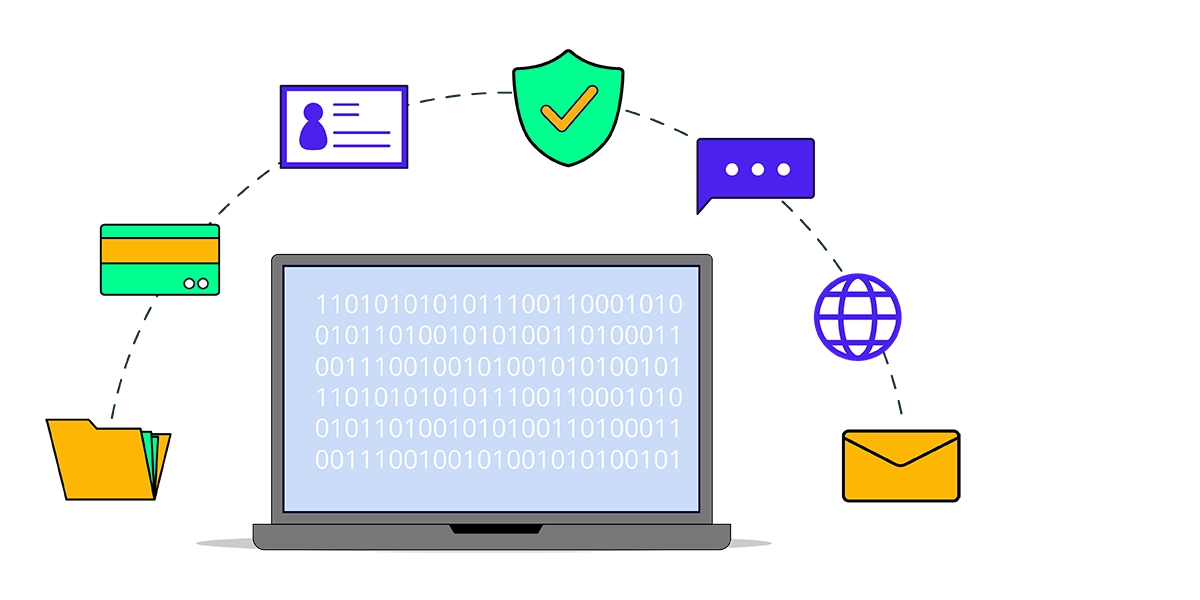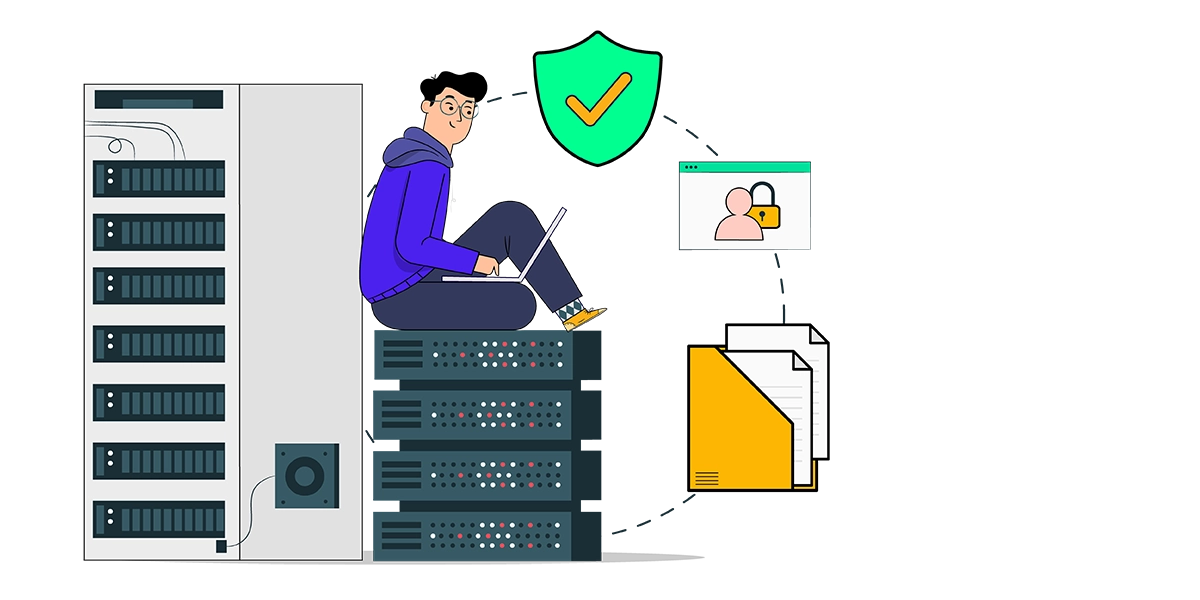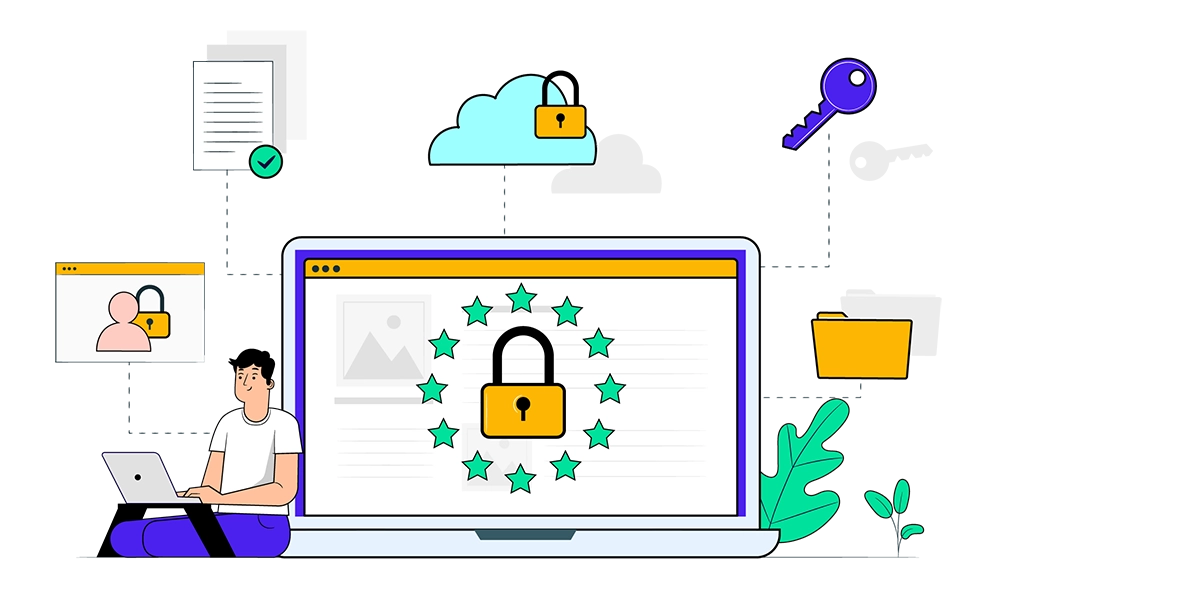Quantum computing represents one of the most exciting technological advancements of our time, promising to…

Common online privacy issues you should know (and staying one step ahead)
While data breaches and high-profile hacks grab headlines as the main online privacy issues, there are other subtler ways that can expose our data. We’ve all experienced casual browsing, shopping and searching and soon enough, related ads are following us everywhere online. Who exactly has this information about us, and what else are they using it for besides targeted advertising?
Over 60% of Australians see the protection of their personal information as a major concern in their lives, 82% care enough about protecting their personal information to do something about it; however, 57% do not know what to do to ensure it’s protected (source).
Let’s look at how we can take control of our online privacy protection.
Invisible spies. Understanding tracking technologies
When we’re browsing online, digital detectives can tail us if we’re not adequately protecting ourselves. Websites and apps use cookies and tracking pixels —tiny code to monitor and record our activity. Companies also embed codes, known as third-party trackers on websites, which follow our browsing activity across the internet. These mechanisms build a comprehensive profile (called data points); interests, location, demographics, browsing and purchase history —data companies can sell. If these sites experience a security breach, it could expose your personal information.
The potential misuses of data by third-party trackers include:
- Price discrimination: Algorithms can lead to users seeing higher prices based on their perceived willingness to pay
- Spam & scams: Companies sending unwanted emails or cybercriminals sending targeted phishing attacks
- Identity theft: Stolen or leaked data collected by trackers can provide a fuller picture for cyber criminals to steal your identity more easily.
Websites operating in regions with strong privacy regulations (like the EU’s GDPR), are required to disclose cookie and tracker use. You may have seen this on sites where users can accept, change, or reject these before using the site.
Location services tailoring our reality
Combining data from GPS, Wi-Fi networks, and cell phone towers, smartphones and devices can accurately and easily locate us. Even if we’re not connected to one, devices can still detect nearby Wi-Fi networks. In detecting the unique identifiers of these networks (called MAC addresses), location services can estimate a location based on a database of known Wi-Fi network locations.
With location services enabled, apps can also access this data. Very convenient for us as users for weather updates or finding nearby restaurants. Most companies use location data for hyper-targeted advertising, but they can also misuse it like we outlined above.
The hidden risks in social connectivity
Cyber criminals can use the information we share on social media to create data profiles on us for identity fraud. Social media platforms also know lots about us based on our activity, interests, online habits, and even beliefs. In using the platform and agreeing to their terms of service (which can be lengthy and dense), we’re implicitly consenting to some level of data sharing.
Social media platforms can share data with third-party applications. These are apps that integrate with the platform, like quizzes or games. When you connect a third-party app, it may also ask for access to certain profile information, even private messages, in order to use it.
Tips for boosting your online privacy protection
- Use a Virtual Private Network (VPN) to encrypt your browsing and mask your IP address
- Get Sapher Shield, which detects risky and phoney websites and links, and alerts you before they can infiltrate
- Activate browser privacy settings that block third-party cookies and trackers
- Regularly clear cookies and browsing data
- Be cautious with social media sharing
- Regularly check and manage the app permissions you’ve granted regarding location services and personal data access
- Use a password manager to create and store complex, unique passwords
- Use Two-Factor Authentication (2FA) wherever possible for an extra layer of account security
- Before connecting third-party apps via social media, review their privacy policy and requested permissions to see what data they access as a condition of use
- For sensitive communications, use end-to-end encrypted messaging apps like Signal or WhatsApp
- Regularly update your software to benefit from the latest security patches
- Opt out of data sharing agreements with service providers and on social media platforms where possible.
- Stay informed about common phishing techniques to avoid falling victim to identity theft attempts via email or fraudulent websites.
While this blog post has highlighted the numerous ways our data is collected online, Sapher helps protect you from both subtle and intrusive practices that typical security can miss. With its real-time threat analysis and protection features, Sapher alerts users to hidden trackers, malicious websites, and data-grabbing attempts.
Secure your digital life: Get Sapher Shield.


